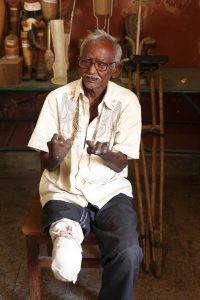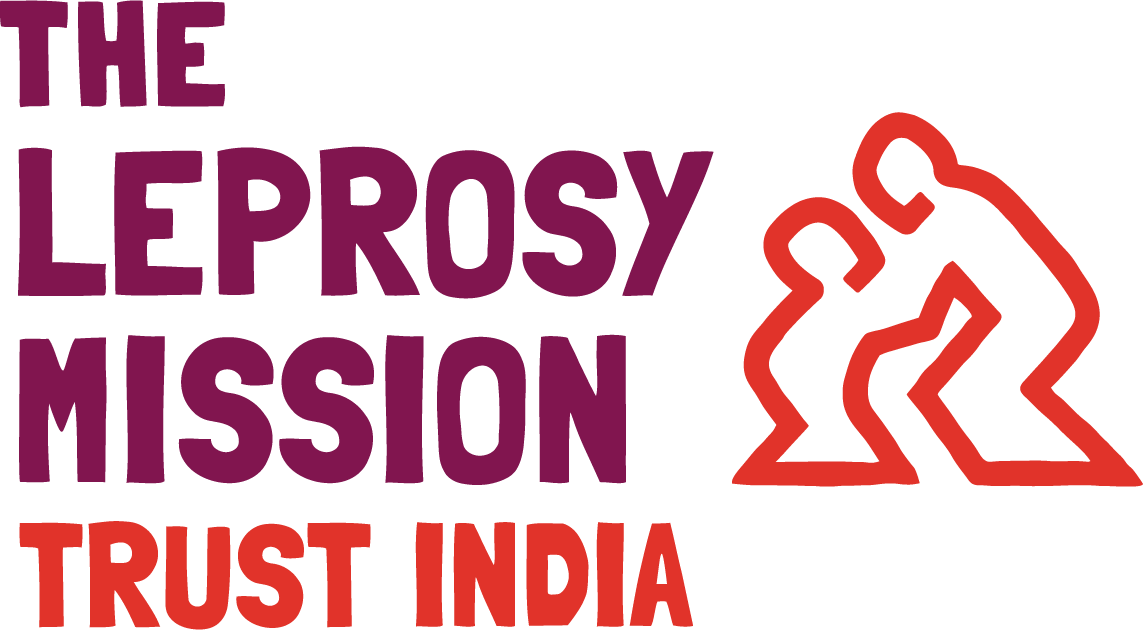Mainstreaming mental health of persons affected by leprosy in the WHO Mental Health Gap Programme

– By Bagival Pradeep Kumar, Head of Advocacy, The Leprosy Mission International
World Mental Health Day is on October 10, 2018
The theme of the 2018 World Mental Health Day is all about the mental health of young people in a changing world. There is also a call for greater investment by the government to raise awareness through comprehensive, integrated and evidence-based programmes. This is perhaps a good opportunity for leprosy and other NTD stakeholders to advocate for the integration of mental health needs of persons affected by leprosy in the mainstream mental health services.
The recently concluded pre-meeting of the persons affected by NTDs organised during the Neglected Tropical Diseases NGO Network (NNN) conference, on September 23, 2018, in Addis Ababa was an eye-opener in many ways for those involved in promoting the mental health of persons affected by NTDs. As mentioned by young adults affected by leprosy, tendency to commit suicide was one of their early reactions to the diagnosis of the disease. Epidemiological studies have indicated variable psychiatric disorders amongst persons affected by leprosy and largely due to prevailing social stigma. Women affected by leprosy are disproportionately affected due to social and cultural values and practices in low and middle-income countries and especially in rural communities. Depression and anxiety disorders leading to suicidal tendencies are common amongst leprosy patients. Early detection and psychiatric treatment is essential and should become part of the comprehensive psychiatric care for persons affected by leprosy. While there is little or practically no evidence as to how leprosy affects the mental well-being of the family members or caregivers of those affected by the disease, leprosy does impact the mental health of the family members, especially those who are the primary caregivers.
WHO World Mental Health Gap Programme (mhGAP) 2013-20 is primarily aimed at low and middle-income countries to scale up mental health services to those in need and in a resource-scarce setting. It is important for the leprosy stakeholders, such as ILEP, to advocate for inclusion of persons affected by leprosy in any kind of situation analysis conducted under mhGAP. Programme Managers implementing mental health programmes are to be sensitised for considering mental health issues of persons affected by leprosy and other NTDs. ILEP as a coalition of anti-leprosy organisations must advocate collectively to increase government expenditure for mental health programmes and to include the mental health needs of persons affected by leprosy using the mhGAP framework.
Civil society organisations working in the NTD sector should include mental health as a programmatic component and lobby for increased funding from the NTD donors to invest in mental health programmes in countries that are implementing the mhGAP programme. Community initiatives involving associations of persons affected by leprosy have a critical role to play in addressing mental health issues amongst those affected. The Network of NGOs working the field of NTDs (NNN) can gain substantially by collaborating with the WHO global forum for Community Health to the mainstream mental health of persons affected by leprosy and other NTDs in the overall community mental health initiatives.
The WHO organises mhGAP Forum every year to bring key stakeholders on a common platform to discuss the implementation of mental health programmes, especially in low and middle-income countries. The meeting is held in Geneva where the ILEP secretariat is located and it is important for ILEP to participate in this forum to voice the mental health concerns of persons affected by leprosy and other NTDs.
There are many ways that ILEP as a coalition of anti-leprosy organisations could advocate at the national level to promote the mental wellbeing of persons affected. Given the fact that persons affected by NTDs constitute more than a billion of the global population, the members as a national coalition could meet the national health secretary to stress the need for addressing mental health issues of persons affected by leprosy and other NTDs. Organising seminars and sensitisation events for the national health administrators, policy makers and mental health programme managers for integrating mental health of persons affected by leprosy is yet another effective way to bring mental health needs of persons affected by leprosy and NTDs on the national mental health agenda. Organising meetings with the national WHO offices to explore opportunities to address mental health issues of persons affected under the WHO Mental Health Programme (mhGAP) 2013-2020 could result in health authorities, especially in low and middle-income countries to pay attention to the mental well-being of persons affected by NTDs.
Partnerships with grassroots organisations, such as Disabled People’s Organisations (DPOs) and associations of people affected by leprosy to advocate for the mental health of persons affected and to include mental health in their respective agenda can earn rich dividend in promoting mental wellbeing of those affected. Similarly, organising TV/Radio talk shows with the participation of persons affected by leprosy to talk about mental health issues will encourage persons affected to identify themselves and to seek professional help through trained peer counsellors. These community-based initiatives have been strongly recommended by the WHO mental health practitioners. Addressing mental health as a human rights issue can lead to mainstreaming mental health of NTD-affected persons in the programmatic work of NGO partners working in the area of health and human rights. ILEP should continue to be active on the social media in addressing human rights of persons affected by a mental health perspective by communicating relevant messages on mental health and well-being.


